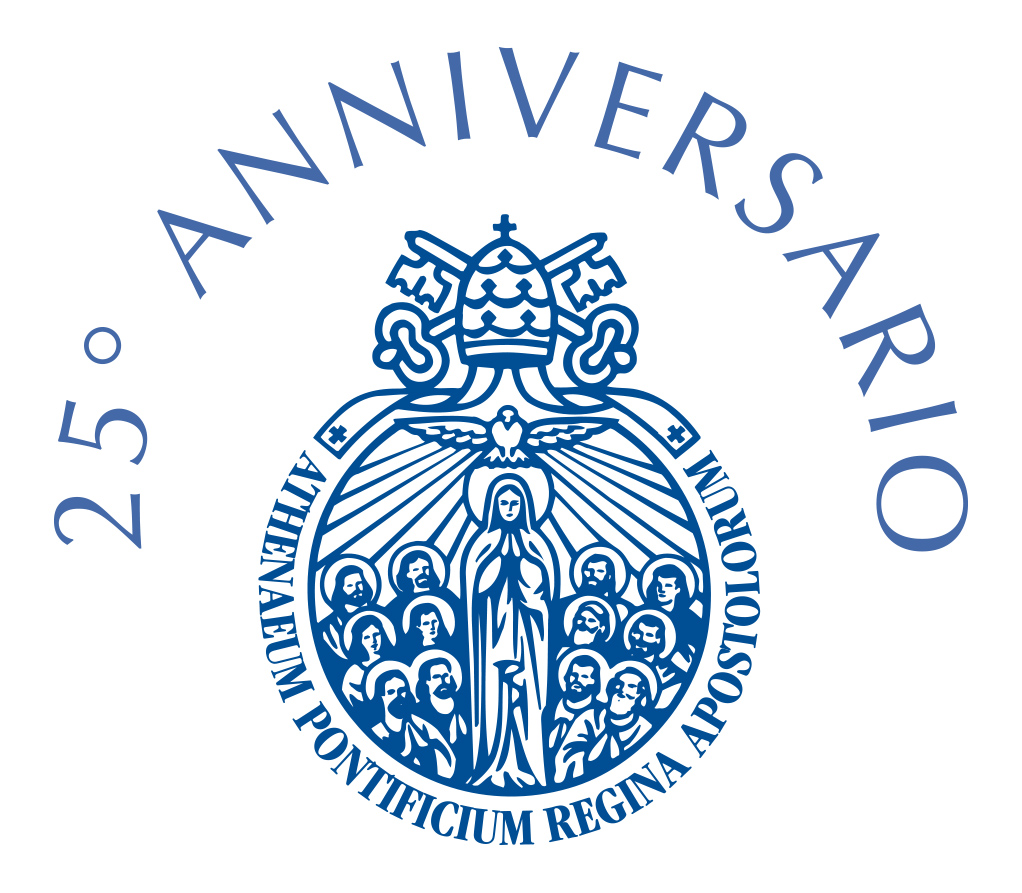18th SUMMER COURSE IN BIOETHICS – Public Health, and Infectious Global Health Threats



The 18th International Summer Course in Bioethics will take place from July 8 to 12, 2019 at the Pontifical Athenaeum Regina Apostolorum at Via degli Aldobrandeschi 190 00165 Rome, Italy. The course, entitled Bioethics, Public Health, and Infectious Global Health Threats, is organized by the School of Bioethics with the collaboration of the UNESCO Chair in Bioethics and Human Rights established at the Pontifical Athenaeum Regina Apostolorum and with the Università Europea di Roma. The course will take place immediately after the summer course of introduction to bioethics (July 1-5, 2019). The course will be offered in English and Italian. The summer course is one of the elective courses of the Licentiate in Bioethics and is valid for 3 ECTS credits. At the end of the course students who require the European credits ECTS take an evaluation test. Registration Deadline: July 8, 2019
Why this subject?
The lack of conceptual moral clarity in global health issues leads to indecision in real-life questions, and hinders effective collective actions. Before the 2016 outbreak of Zika, there was the 2014 outbreak of Ebola, the 2009 outbreak of H1N1, the 2003 outbreak of SARS and the 1970s outbreak of AIDS. The need for a clearly understood and a widely accepted ethical course of action in dealing with serious infectious global health threats has been repeatedly underscored.
Who should attend?
The course is open to all, but is of special interest for humanitarian aid workers (including those working with migrants); physicians, epidemiologists, health care workers, administrators, and managers; educators and professors; priests, religious, catechists and other pastoral agents; lawyers and jurists; law and policy makers; journalists, communicators and sociologists, as well as those who are interested in the cultural and social dynamics of our globalized world and wish to have informed criteria on cutting-edge global, bioethical, and social issues related to public health questions of international concern.
What will you learn?
The course offers an interdisciplinary study of infectious global health threats to better understand the challenges, the stakeholders, the laws, and policies applicable in this particular state of affairs. Participants will acquire the knowledge and skills to make an ethical assessment of infectious global health threats, in a way that takes into consideration the main stakeholders involved, as well as their different degrees of responsibilities. In addition, participants will be able to apply their knowledge and skills professionally in the fields of medicine, heath care, humanitarian assistance, global affairs, politics, law, sociology, communication, and education. The course is structure around the following question: How should we allocate different responsibilities among different stakeholders in order to facilitate political decision and lawmaking processes addressing infectious global health threats? In order to tackle this overall research question in a comprehensive yet coherent way, we will address these topics:
• Clarifying terminologies and mapping the field/framing the field: Why infectious? Why global? Why health threat?
• Understanding the challenge: scientific knowledge, statistics, best practices, laws and regulations on the most important infectious global health threats.
• Understanding the stakeholders: from individuals to state and non-state institutions
• What is expected of individuals? Ethical implications and personal responsibilities of patients.
• What is expected of health care workers? Ethical implications and responsibilities of health care workers and hospitals for the common good of patients.
• What does justice and ethics require of medical and pharmaceutical researchers? The ethical responsibilities of pharmaceutical transnational corporations.
• What does justice require of national governments? The common good, human dignity, and the human right to health care as guiding principles for crafting preventive, precautionary, and restrictive measures, as well as emergency actions and policies.
• What does global justice require of international NGOs? The principle of subsidiarity as a pivotal guiding principle of leadership in global health governance.
• What does global justice require of international organizations (like the UN and the WHO)? Global bioethics in global health governance: inspiring leadership and solidarity to uphold the global common good. How is this taught? The course is structured in lectures, Q&A sessions, seminars, film discussions, and interactive group activities. Professors of the School of Bioethics and other experts will participate as speakers and moderators of group dynamics.
Course Directors Prof. Francisco Ballesta LC / Prof. Alberto García
For further info: info.bioetica@upra.org
